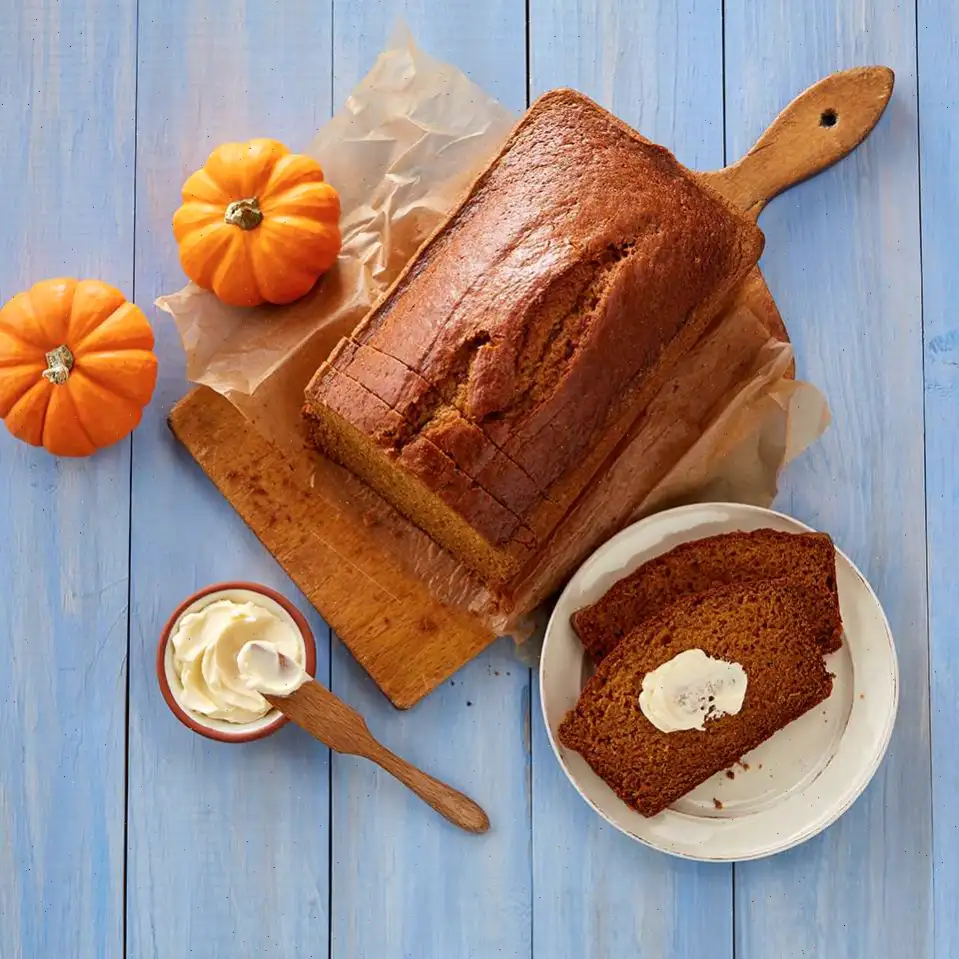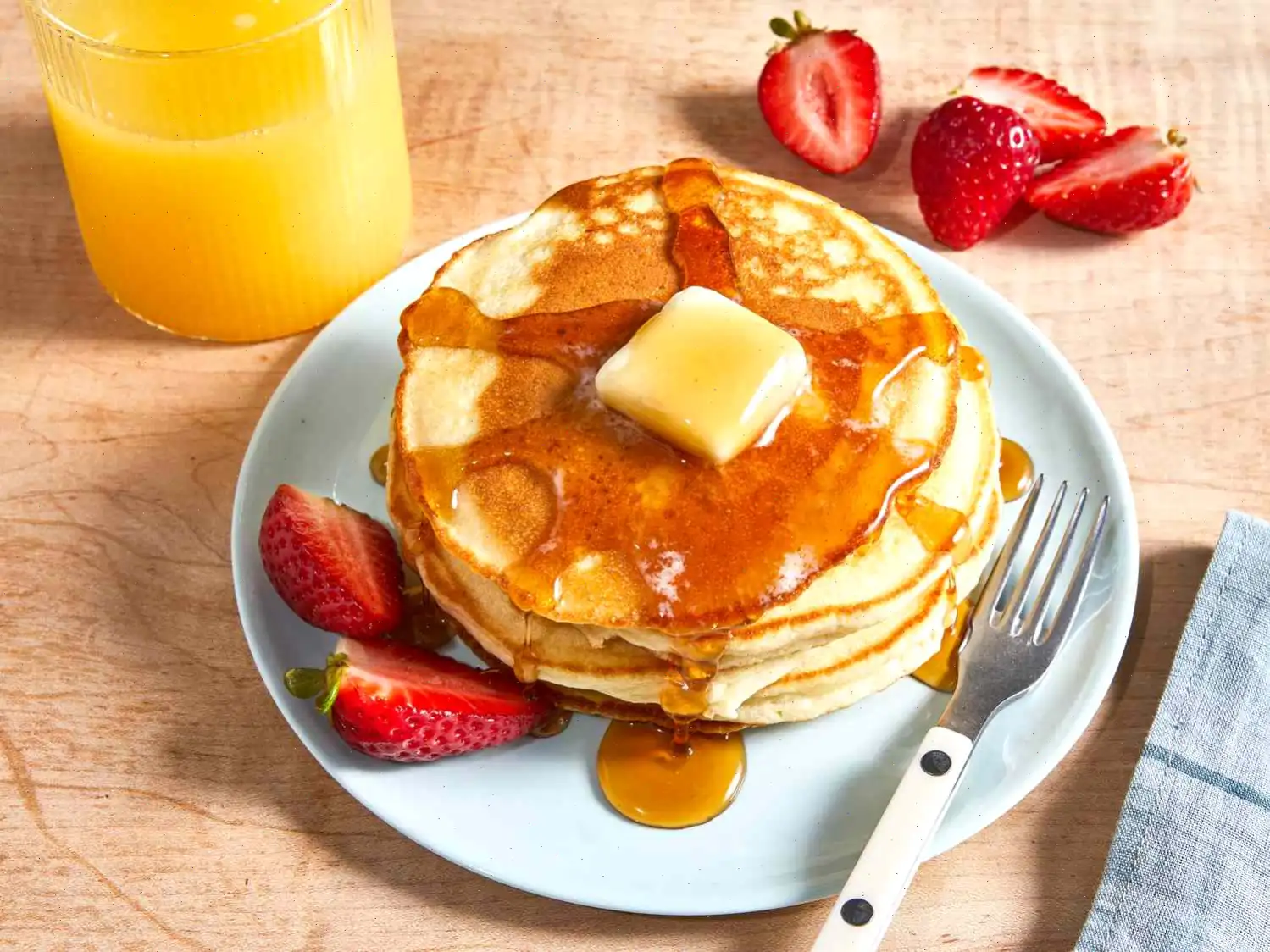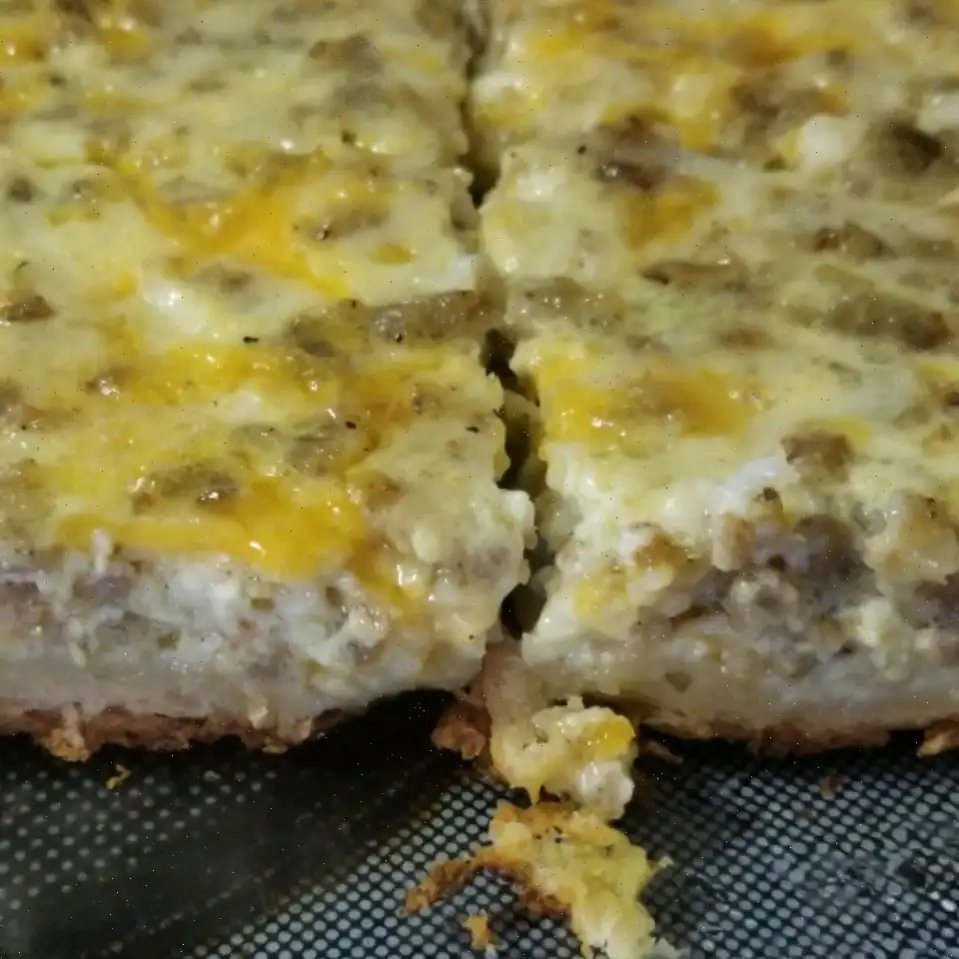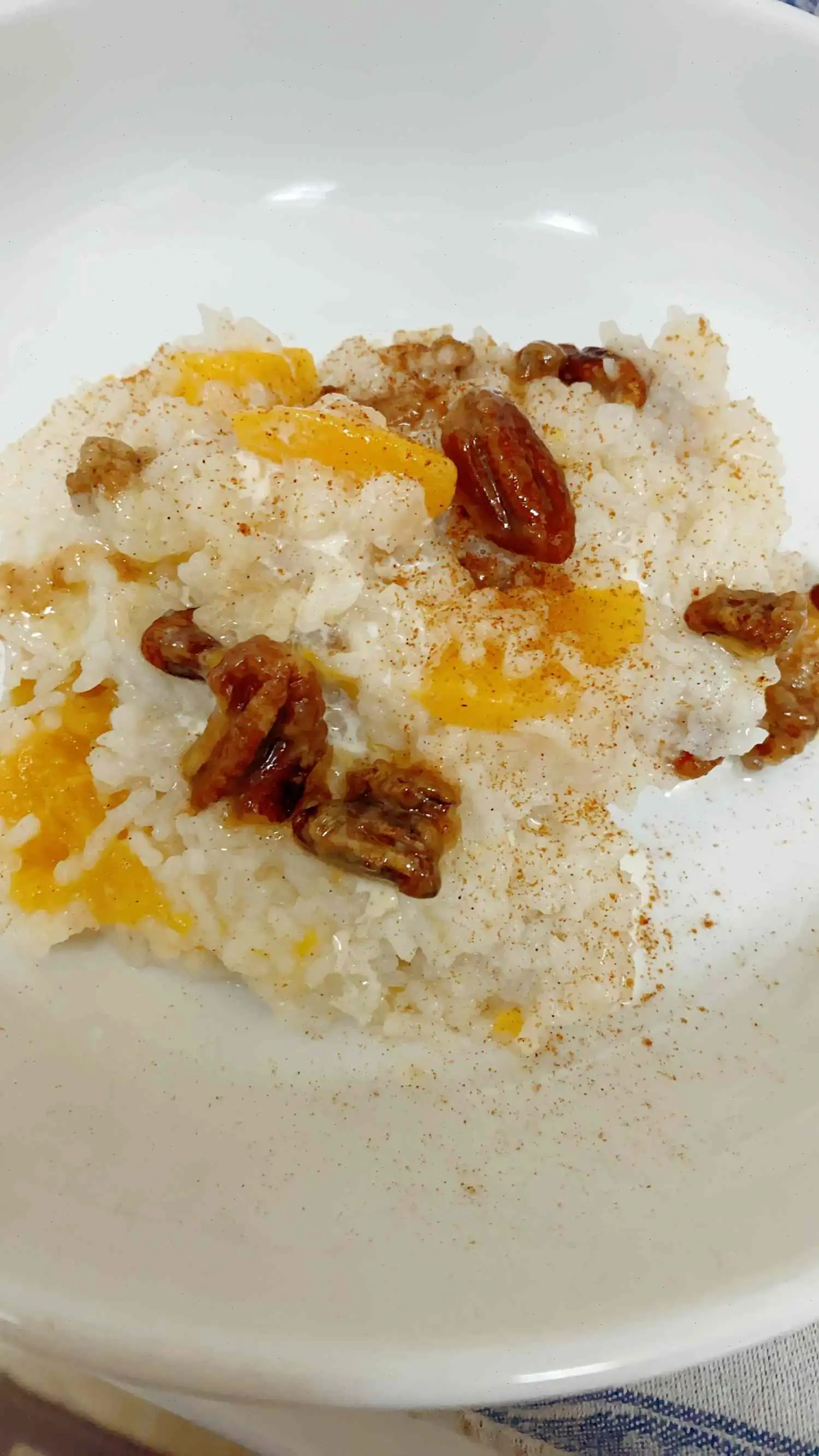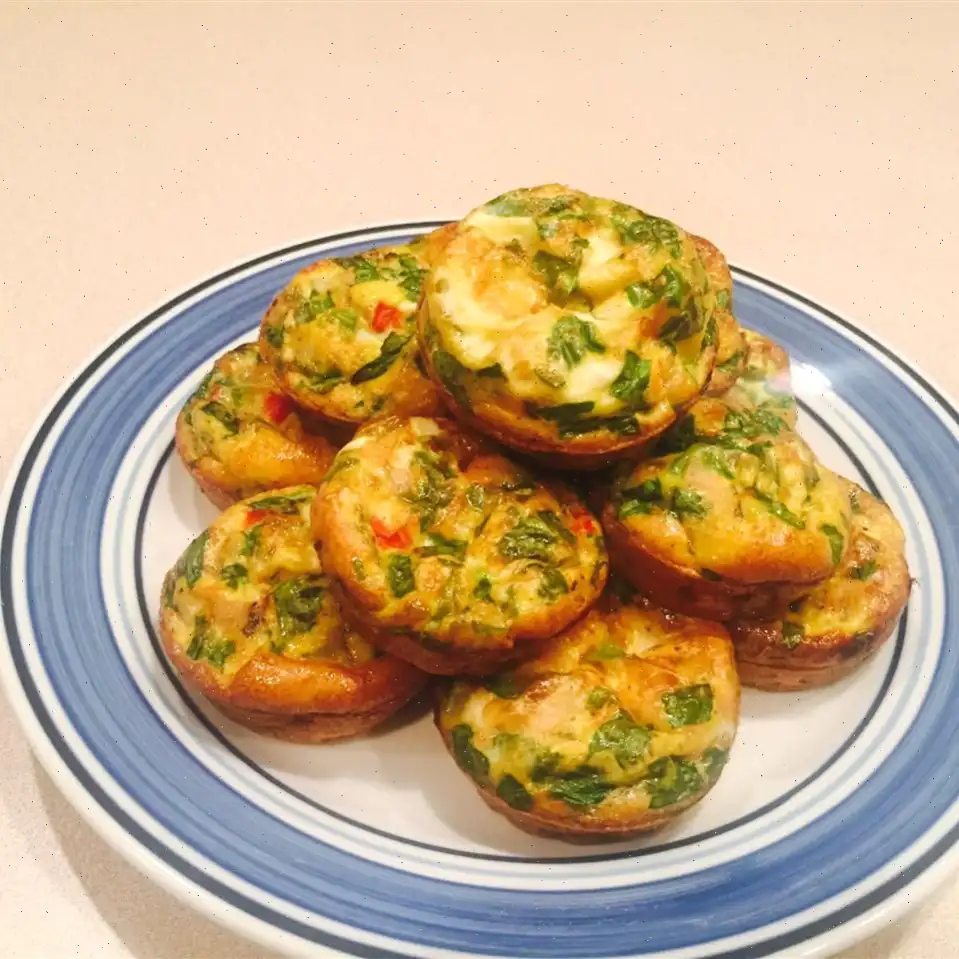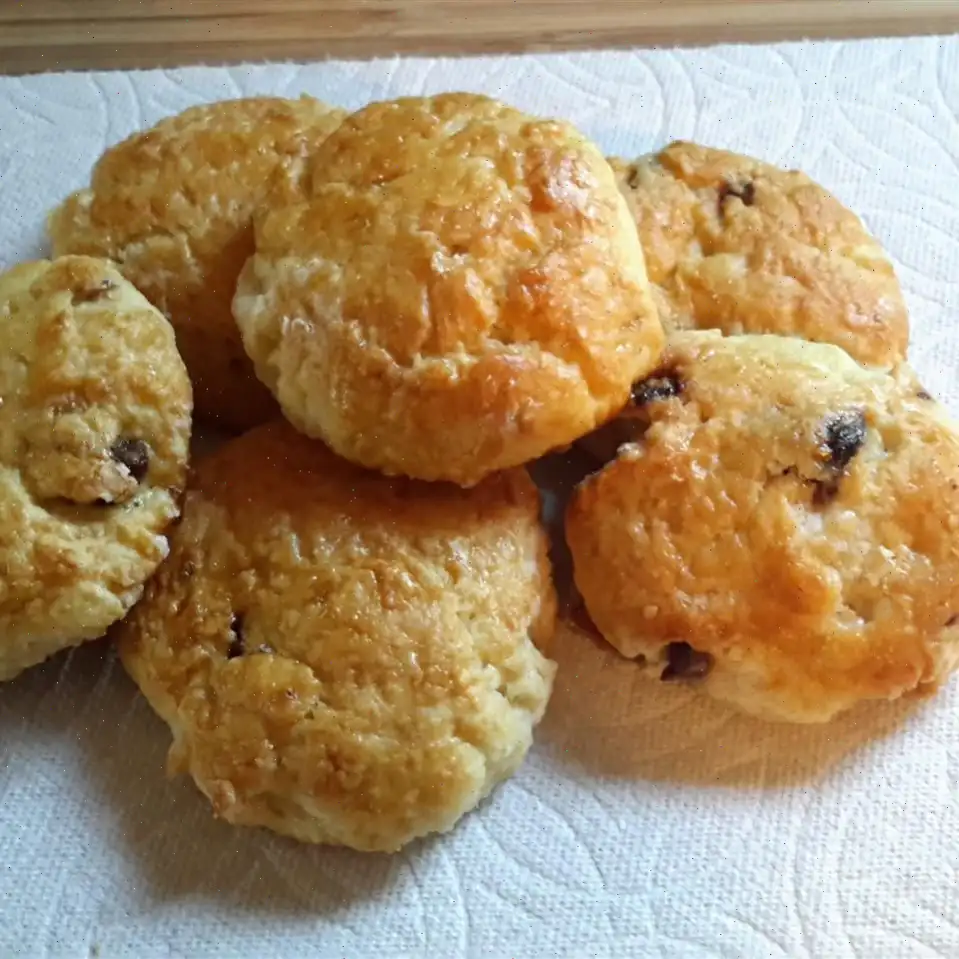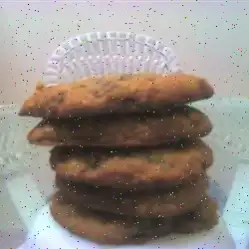
Dairy-Free Pumpkin Bread
Ingredients
This recipe was developed at its original yield. Ingredient amounts are automatically adjusted, but cooking times and steps remain unchanged. Note that not all recipes scale perfectly. The original recipe (1X) yields 12 servings.
- 1 cups all-purpose flour
- 1 cups sugar
- 1 teaspoon baking soda
- teaspoon salt
- teaspoon ground cinnamon
- teaspoon ground ginger
- teaspoon ground nutmeg
- cup vegetable oil
- 2 eggs
- cup Almond Breeze Vanilla almondmilk
- 1 cup canned pumpkin puree
Directions
Step 1: Preheat your oven to 350F (175C). Grease a 9x5-inch loaf pan, lining the bottom with waxed paper or parchment. Grease the paper as well.
Step 2: In a large mixing bowl, combine the flour, sugar, baking soda, salt, cinnamon, ginger, and nutmeg. Use an electric mixer set to low speed to blend these dry ingredients together.
Step 3: Add the remaining ingredients: vegetable oil, eggs, almond milk, and pumpkin puree. Beat the mixture on low speed until everything is moistened.
Step 4: Once the ingredients are combined, increase the speed to medium and continue mixing until the batter is smooth and creamy.
Step 5: Pour the batter evenly into the prepared loaf pan, spreading it out gently to fill the corners.
Step 6: Place the pan in the preheated oven and bake for 60 to 70 minutes, or until a toothpick inserted in the center comes out clean.
Step 7: Allow the loaf to cool in the pan for about 10 minutes. Then, carefully remove it from the pan and transfer it to a cooling rack to cool completely, which should take about an hour.
Step 8: Store the loaf in the refrigerator if desired for later enjoyment.
Nutritional Information
Nutrition analysis per serving:
- Calories: 260
- Calories from Fat: 90
- Total Fat: 10g (15% DV)
- Saturated Fat: 1g (5% DV)
- Trans Fat: 0g
- Cholesterol: 30mg (10% DV)
- Sodium: 220mg (9% DV)
- Carbohydrates: 40g (13% DV)
- Dietary Fiber: 1g (4% DV)
- Sugars: 26g
- Protein: 3g
- Vitamin A: 50%
- Vitamin C: 2%
- Calcium: 2%
- Iron: 6%
This Dairy-Free Pumpkin Bread is a beloved autumn treat, celebrated for its moist texture and rich pumpkin flavor. Perfect for those with dietary restrictions or anyone who enjoys a dairy-free twist on traditional baked goods, it encapsulates the cozy, spiced essence of fall. But beyond its delectable taste, this bread has a fascinating history and cultural significance that ties it to the harvest season and regional traditions.
Origin of Pumpkin Bread
The roots of pumpkin bread can be traced back to early American settlers, who utilized the abundant pumpkins from their harvest to create hearty, nutritious meals. Native to North America, pumpkins have long been a staple in indigenous diets, used in both savory and sweet dishes. As European colonists arrived, they adopted pumpkins into their own cooking, eventually leading to the creation of pies, soups, and loaves. Pumpkin bread as we know it today began to gain popularity in the mid-20th century when canned pumpkin became widely available. This made it easier for home bakers to create their own pumpkin-flavored desserts, including the ever-popular pumpkin bread.
Regional Variations of Pumpkin Bread
While pumpkin bread is beloved throughout the United States, certain regions have their own unique twists on the classic recipe. In New England, where pumpkins were first domesticated, pumpkin bread is often prepared with spices like cinnamon, nutmeg, and allspice, providing a warm, aromatic experience. In the Southern states, variations often include pecans or walnuts for added texture, or a drizzle of maple syrup for extra sweetness. Meanwhile, some areas of the Midwest favor a denser, cake-like version of pumpkin bread, which can be made with additional ingredients like cream cheese or brown sugar. This recipe, however, is simple yet flavorful, making it perfect for any occasion, and especially suitable for those avoiding dairy products.
What Makes It Different from Other Similar Breads?
While many people might associate spiced breads with banana bread or zucchini bread, pumpkin bread stands out due to its distinct flavor profile. The natural sweetness and moisture from the pumpkin puree give the bread a unique softness that is unmatched by other vegetable-based loaves. The addition of warm spices like cinnamon, nutmeg, and ginger also sets it apart, offering a richer, more autumnal flavor. Unlike banana or zucchini bread, which rely more heavily on the fruit or vegetables texture, pumpkin bread takes on a smoother, velvety consistency, which makes it ideal for spreading dairy-free butter or a scoop of nut butter. Moreover, unlike traditional recipes that often include dairy or eggs, this dairy-free variation allows everyone to enjoy its deliciousness without compromising on dietary needs.
Where is Dairy-Free Pumpkin Bread Typically Served?
Dairy-Free Pumpkin Bread is a versatile treat that can be enjoyed at any time of day. It's commonly served as a breakfast bread or an afternoon snack, paired with a cup of coffee or tea. During the fall and winter months, its especially popular at holiday gatherings, potlucks, or as a gift during the Thanksgiving season. Its moist texture and rich flavors make it an excellent choice for dessert or as a side dish to a holiday meal. In many households, its also a tradition to bake a loaf and share it with friends and family, spreading the warmth of the season. For those following a vegan or plant-based diet, this bread offers a delicious alternative to traditional pumpkin treats, ensuring no one misses out on the festive flavors of autumn.
Interesting Facts About Pumpkin Bread
- Pumpkin is a nutrient powerhouse: Besides being a great source of vitamin A, pumpkin is high in fiber and antioxidants, making pumpkin bread not only a tasty treat but also a healthy one.
- The global popularity of pumpkin: While pumpkins are closely associated with American cuisine, they are also a key ingredient in many dishes around the world. For example, in India, pumpkins are used in curries, while in Mexico, pumpkin seeds (known as pepitas) are roasted and eaten as snacks.
- History of Pumpkin Pie: Pumpkin pie, a cousin to pumpkin bread, has been a staple of Thanksgiving in the United States since the 19th century. Its popularity helped cement pumpkin as a quintessential fall flavor in American kitchens.
- Vegan and gluten-free options: Pumpkin bread can be easily modified to suit various dietary preferences. Many bakers today experiment with gluten-free flour or additional plant-based substitutes to cater to an even wider range of tastes and needs.
In conclusion, Dairy-Free Pumpkin Bread isnt just a delicious treat, but a historical reflection of American culinary traditions. Its spiced warmth, moist texture, and versatility make it a fall favorite, and its dairy-free version ensures that more people can partake in this beloved seasonal bread.
FAQ about Dairy-Free Pumpkin Bread
Comments
Debra Campbell
01/21/2023 04:30:31 AM
I tried out this recipe with a couple of changes. Instead of using canned pumpkin, I opted for fresh pumpkin, and it really elevated the flavor of the bread beyond what I had expected! Since I didn't have any nuts available, I swapped them out for dairy-free dark chocolate chips. The result was a hit with everyone, as they couldn't stop raving about how delicious the bread was!
Jack Garcia
06/20/2023 09:44:56 AM
I have made this bread for the fifth time now, and I decided to swap out the ginger for ground pumpkin pie spice.
Kenneth Miller
12/04/2024 11:25:35 AM
This recipe turned out really well. I baked it for the full 70 minutes, but I think it could have used a little more time in the oven. It took longer to bake, possibly due to using a ceramic Pampered Chef bread pan. Next time, I'll use a regular bread pan to see if it makes a difference.
Michelle Allen
08/15/2023 03:50:04 AM
Great product! I will surely be using it frequently. Excited to experiment with adding nuts next time.


